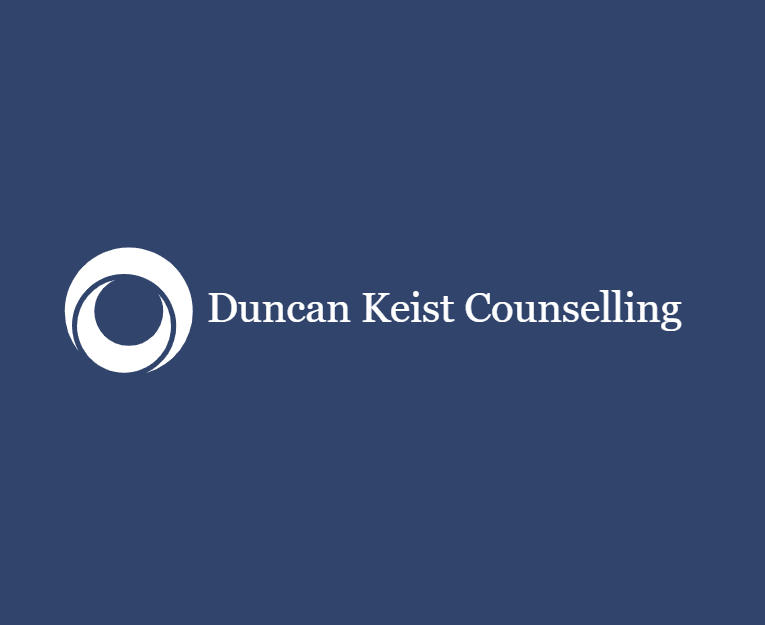A Beginner's Guide to Counselling: What to Expect in Your First Session
Understanding the Purpose of Counselling
Counselling can be a vital step towards improving mental health and well-being. As you prepare for your first session, it's helpful to know that counselling provides a safe space to explore your thoughts, feelings, and behaviors with a trained professional. The goal is to help you gain insights, resolve issues, and develop coping strategies.

Before the Session: How to Prepare
Before attending your first counselling session, it's normal to feel a mix of emotions, including anxiety and curiosity. To prepare, consider jotting down any specific issues or goals you want to discuss. This can help you make the most of your time with the counsellor. Also, ensure you have the correct date, time, and location for your appointment.
Think about any questions you might have for the counsellor. These could relate to their approach, confidentiality policies, or what you can expect from future sessions. Having these questions ready can help ease any nerves and set clear expectations.
What Happens During Your First Session
Your first counselling session is primarily an opportunity for your counsellor to get to know you and for you to understand how they work. Expect the session to be partly about administrative tasks, such as filling out forms or discussing confidentiality agreements. These steps are crucial for building a foundation of trust.
The counsellor will likely ask questions about your background, current situation, and what brings you to counselling. Remember, there are no right or wrong answers. Be honest and open in your responses to help your counsellor better understand your needs.

Setting Goals and Expectations
One of the key elements of the first session is setting goals for what you hope to achieve through counselling. Your counsellor will work with you to define these goals, whether they involve overcoming a specific challenge, developing coping mechanisms, or improving relationships.
It's important to understand that progress may take time. Setting realistic expectations can help you stay motivated and engaged throughout the process. Your counsellor will support you in tracking your progress and adjusting goals as needed.
Addressing Common Concerns
Many people have concerns about starting counselling. It's completely normal to worry about opening up to someone new or fear being judged. However, counsellors are trained professionals who are there to support you without judgment.

If you're concerned about confidentiality, know that counsellors follow strict ethical guidelines to protect your privacy. Feel free to discuss any worries with your counsellor during your first session.
After the Session: Reflecting and Moving Forward
After your first session, take some time to reflect on how it went. Consider the rapport you felt with your counsellor and whether their style suits you. It's important to feel comfortable and understood in order for counselling to be effective.
If you're unsure about anything discussed during the session, don't hesitate to bring it up in future meetings. Counselling is a collaborative process, and open communication is key to a successful therapeutic relationship.
